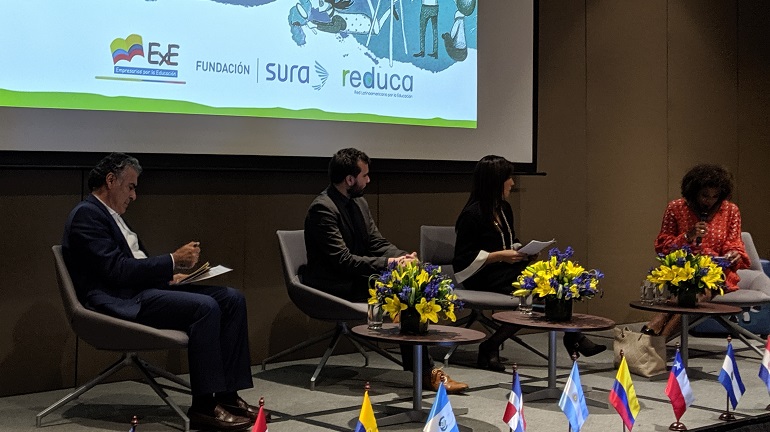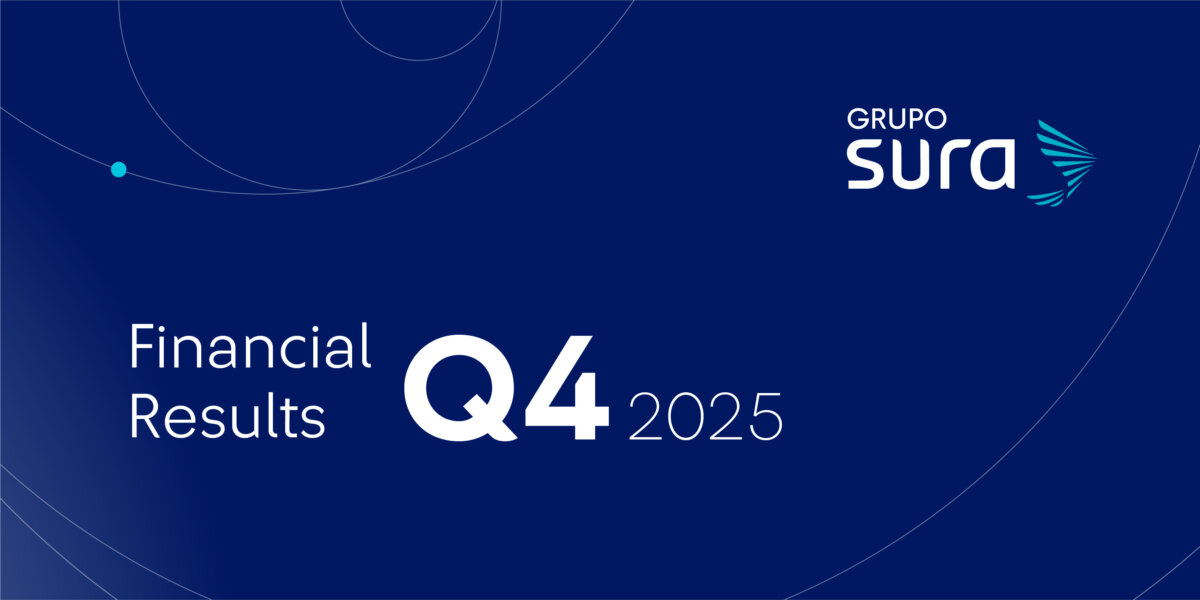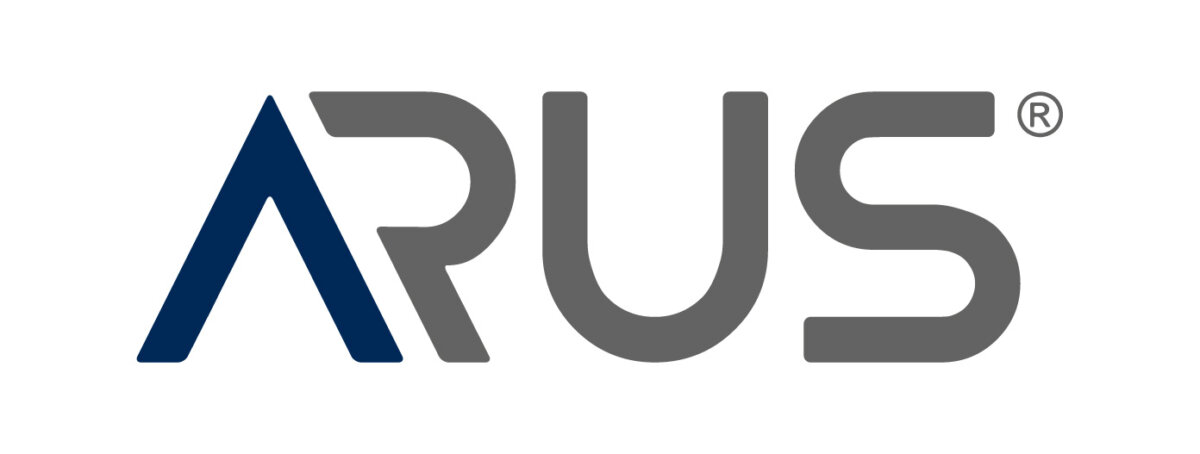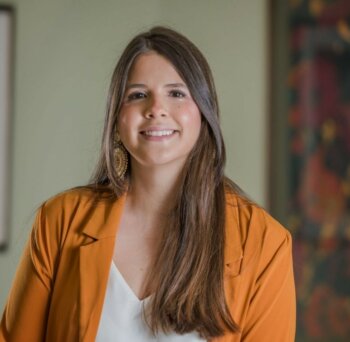- The study analyzes the educational reality of 14 countries in the region and describes the main challenges to guarantee the right to learn, such as complete school trajectories, meaningful learning, and better evaluations.
- According to the report, in Colombia, out of every 100 students who enter the first grade, only 45 reach grade 11 without abandoning or repeating.
- Fundación SURA promotes quality education through initiatives that contribute to the development of capacities and the well-being of communities in different Latin American countries.
In Colombia, the average secondary completion rate is only 51.8% and the indicator is 50.4% for Latin America. This reality is exacerbated in the rural areas of the country, where 13.8% of children between 12 and 15 years old do not attend secondary school. This is one of the main results of the study "Learning is more: making the right to education a reality in Latin America", carried out by Fundación SURA and the Latin American Network for Education (Reduca).
The research, published in Bogotá with the support of the Entrepreneurs for Education Foundation, describes an overview of the educational realities of 14 countries in the region, points out the significant advances in access and coverage rates, but also warns that there are still challenges to guarantee the right to learn.
"At SURA we believe that companies have a fundamental role in society to promote social impact initiatives that allow quality education, the principle of equity, fundamental to improving people's lives and promoting competitive and sustainable development", said David Bojanini, President of Grupo SURA and of Fundación SURA in Colombia.
In this sense, the study identifies the challenges faced by governments and different actors of the education system, to legitimize the right to learn with meaning, quality and focus on 21st-century skills.
Likewise, it emphasizes that this task not only requires that States comply with the obligations established in international conventions, but must involve the co-responsibility of the entire society. That is the public sector, private enterprise, civil society and the community in general.
"We are increasingly aware that as a civil society we can contribute to the construction of better public policies at the local and national levels, working jointly with the Ministries of Education and the Ministry, with other business organizations and with different social actors. Having information like this is crucial to understand the situation of a fundamental right and motor of development such as education. We need to make decisions in an informed manner, both in terms of public policies and private investment, based on up-to-date data and taking into account experiences, learning and current challenges", commented Carolina Meza, Executive Director of the Entrepreneurs for Education Foundation
Main challenges to ensure quality education
According to the research, one of the main challenges is to guarantee complete educational trajectories, from early childhood to higher education, by promoting accompaniment mechanisms that prevent students from being affected by socioeconomic, cultural, geographical or other factors of exclusion. , thus generating better learning environments.
It is also important to encourage the participation of students as active subjects, who must be listened to. In this proposal, the school environment is conceived as a space in which young people can reflect, propose and develop their learning processes.
Another of the main challenges is to promote learning that is meaningful, relevant, inclusive and throughout life. Students from Latin America who manage to move and remain in the system, do not acquire the skills to develop as full citizens, prepare for professional life or insert in the workplace.
According to the results of the TERCE tests, it is evident that 50% of children and young people in the region do not have the minimum knowledge and skills expected for their age. In addition, they show great disadvantages in comparison with other students of their age in other countries and socioeconomic levels. The goal is to enable the formation of citizens capable of making decisions, analyze contexts in a critical manner and adapt to a changing and increasingly demanding world.
Find the complete study here.











